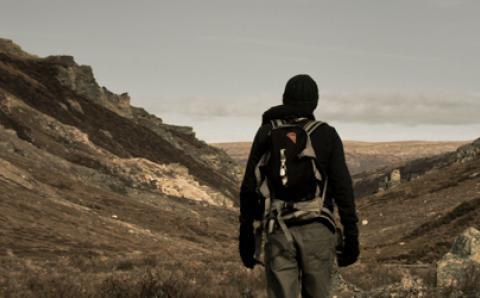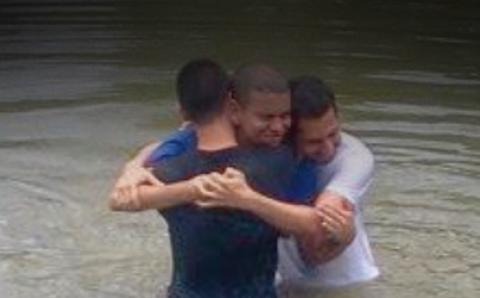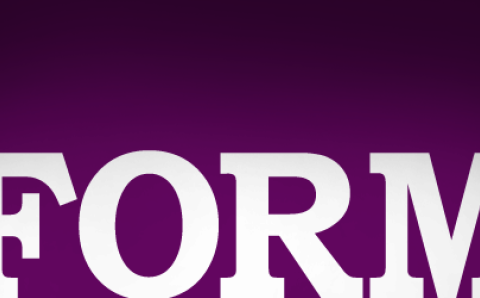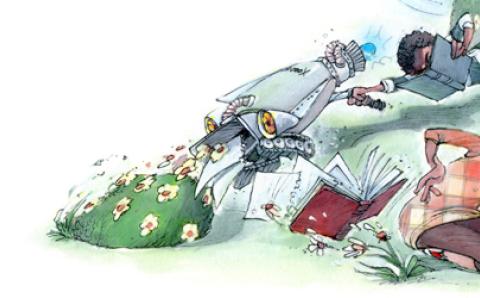During the days after Hurricane Katrina slammed into New Orleans, La., on August 29, 2005, 45 people died in Memorial Medical Center. Some of them died on the very day evacuation helicopters finally arrived in force on the hospital’s helipad.
Those deaths were perhaps the most controversial of the 1,833 people who died as a result of Katrina because Dr. Anna Maria Pou and nurses Cheri Landry and Lori Budo were later accused of murdering patients.
Certainly investigators Butch Schafer and Virginia Rider were convinced that Pou and the two nurses injected patients with a combination of morphine and Ativan (lorazpam), knowing it would likely kill them.
But a grand jury convened by a local attorney general refused to allow the charges to proceed. They believed Pou and the two nurses were heroes who struggled under horrific conditions to care for patients in the 317-bed hospital.
Investigative journalist Sheri Fink, who also has an M.D. degree, tracks events from Day One through the final evacuation of all the living patients, staff, and family members. She incorporates many references to medical ethics, similar disasters, and events at other hospitals and nursing homes devastated by Katrina. She details how the deaths at Memorial were investigated by Schafer and Rider, what various witnesses and participants remembered and said about the crisis, and how Pou suffered as her reputation was under attack.
Fink draws no conclusions, leaving it to readers to decide whether euthanasia can ever be justified and, if so, under what circumstances. It’s a debate with added currency because of the pro-euthanasia video Dr. Donald Low of Toronto recorded eight days before he died this past September.
Like Pou, Low was in charge of life-and-death crisis decisions; he was the Medical Officer of Health when the SARS epidemic swept through Toronto hospitals. Also like Pou, he is widely respected for his handling of the situation.
Fink finishes the book with lessons we can learn from Katrina and Memorial Medical Center. She investigates how those lessons were helpful as New York hospitals struggled to cope with Hurricane Sandy. She also tells how U.S. medical planners have looked favorably on Ontario’s handling of the SARS outbreak and used it to develop protocols for dealing with crises that overwhelm hospitals.
The book is highly disturbing in the situations it describes, the ethics it explores, and the politics involved with Katrina, but it is thorough, informative, instructive, and well-written. (Random House of Canada)
About the Author
Jim Romahn is a freelance journalist in Kitchener, Ont., where he belongs to Community Christian Reformed Church.








